Godbinder, A 5e Reimagining of DIE
The Godbinder
| Level | Proficiency Bonus | Features | Cantrips Known | Spells Known | Spell Slots | Slot Level | Miracles Known |
|---|---|---|---|---|---|---|---|
| 1st | +2 | Divine Binding, Bound Magic | 1 | 1 | 1 | 1st | — |
| 2nd | +2 | Miracles | 1 | 1 | 1 | 1st | 1 |
| 3rd | +2 | Divine Conduit | 1 | 2 | 2 | 1st | 1 |
| 4th | +2 | Ability Score Improvement | 2 | 2 | 2 | 2nd | 1 |
| 5th | +3 | 2 | 3 | 2 | 2nd | 2 | |
| 6th | +3 | Divine Binding | 2 | 3 | 2 | 2nd | 2 |
| 7th | +3 | 2 | 4 | 3 | 3rd | 2 | |
| 8th | +3 | Ability Score Improvement | 2 | 4 | 3 | 3rd | 2 |
| 9th | +4 | 2 | 4 | 3 | 3rd | 3 | |
| 10th | +4 | Divine Binding | 3 | 5 | 3 | 4th | 3 |
| 11th | +4 | Hallowed Rites (Miracle Worker) | 3 | 6 | 3 | 4th | 3 |
| 12th | +4 | Ability Score Improvement | 3 | 6 | 3 | 4th | 3 |
| 13th | +5 | Hallowed Rites (Godly Aura) | 3 | 7 | 4 | 5th | 3 |
| 14th | +5 | Divine Binding | 3 | 7 | 4 | 5th | 4 |
| 15th | +5 | Hallowed Rites (Book of Hallowed Rites) | 3 | 8 | 4 | 5th | 4 |
| 16th | +5 | Ability Score Improvement | 3 | 8 | 4 | 5th | 4 |
| 17th | +6 | 3 | 8 | 4 | 6th | 4 | |
| 18th | +6 | Favored Aspect | 3 | 9 | 4 | 6th | 4 |
| 19th | +6 | Ability Score Improvement | 3 | 10 | 4 | 6th | 4 |
| 20th | +6 | Master of Gods | 3 | 10 | 4 | 6th | 4 |
Godbinders
"A war-maul smashes down a malevolent spirit, as a warrior wreathed in divine light calls upon a god. However, the warrior does not supplicate or plead like a lowly paladin or cleric; nor beg like a warlock to a divine patron. No. This warrior demands and their call is answered."
Full credit for the idea of the Godbinder goes to Kieron Gillen and Stephanie Hans, as it's from the comic series, Die.
If you'd like, the actual Godbinder class is playable in their own tabletop role-playing game of the same name, called Die. The game is lite on mechanics and very role-play heavy, if that interests you should check it out! You can play it here!
Heretics and Hierophants
Divine magic, as the name suggests, is the power of the gods, flowing from them into the world. Godbinders while they may not be like Clerics in their devotion, carry an unwavering will to parley with the gods. Clerics of these gods might find what Godbinders do to be blasphemous, others might consider it holy - interpreting it as will of their god, choosing to work through them. To some Godbinders, they are making themselves vessels for divine power. To others, the gods are like demons - if one can summon demons and control them? What is so different of a god? Godbinders are often driven by a purpose greater than themselves, whether that be knowledge or power or faith in their divine powers.
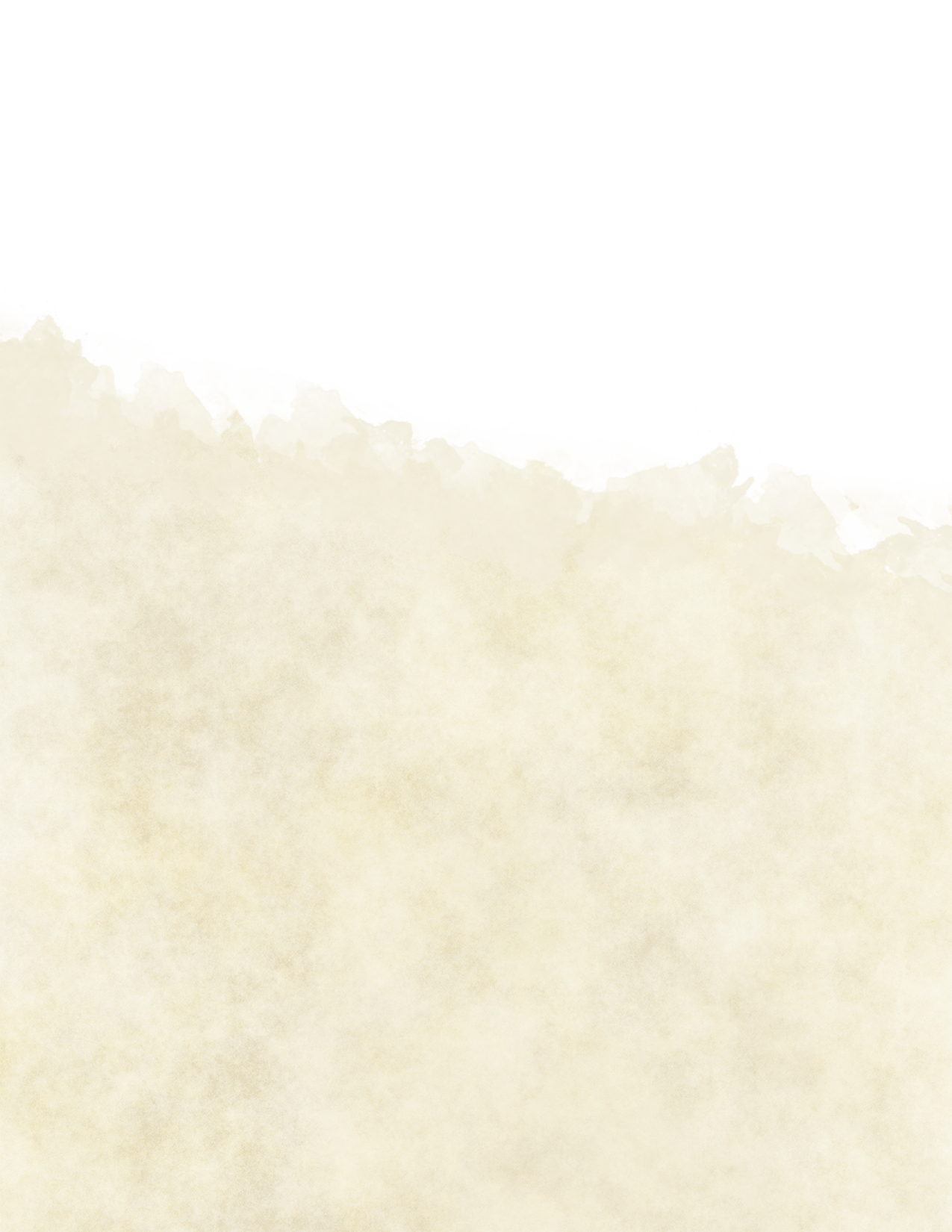
Godbinders, as indicated by their name, are known for binding the aspects of gods. Aspects are like the sparks of divinity that radiates from the divine domain of a god, and Godbinders channel those sparks to commune with gods. However, this is not all - they place a part of that divine spark within themselves to be able to call upon that god whenever they so wish. The relationship in a sense is like taking advantage of the belongings someone left behind, since these sparks are only the residual energy left behind in the materiel plane. Although, they really are communing with a shard of a gods consciousness. This is their power, to call forth divine power and ask for Miracles to sway the tides of battle or cure the dying. They will not beg or pray to the gods, they demand answers.
Creating a Godbinder
As you are creating your Godbinder character, ask yourself why your character has chosen to capture the essence of these deities? What cause your character to seek them out? Did you seek to prove your power, or perhaps you felt helpless and after tireless work have dedicated yourself to never feeling that again - choosing to capture the sparks of divinity? Or perhaps you are host for your gods to influence the world, working through your body?
How did you bind your first aspect of a god? How do your aspects communicate with you? You might see a ghostly visage at the corner of your eyes speaking with you. Some Godbinders find messages from their aspects etched on trees, mingled among tea leaves, or adrift in the clouds—messages that only they can see. Other converse with their aspects in dreams or waking visions.
What kind of relationship do you have with your aspects? Is it friendly, antagonistic, uneasy, or romantic? It could be radically different for each one. How important are you to each other? Do you know others who have bound part of their essence?
Work with your GM to determine how big a part your divine bindings will play in your character’s adventuring career. Your demands of your aspects might drive you into Adventures, or they might consist entirely of small favors they grant you in between adventures.
Quick Build
You can make a Godbinder quickly by following these suggestions.
First, Wisdom should be your highest ability score, followed by Strength or Constitution. Second, choose the Noble or Sage background. Third, choose the Warhammer, scale mail, and the scholar's pack.
Class Features
As a Godbinder, you gain the following class features
Hit Points
- Hit Dice: 1d8 per Godbinder level
- Hit Points at 1st Level: 8 + Constitution modifier
- Hit Points at Higher Levels: 1d8 (or 5) + Constitution modifier per Godbinder level after 1st
Proficiencies
- Armor: Medium armor, shields
- Weapons: Simple and martial melee weapons.
- Tools: None
- Saving Throws: Wisdom, Charisma
- Skills: Choose two from Arcana, History, Insight, Intimidation, Perception, Persuasion and Religion
Equipment
You start with the following equipment, in addition to the equipment granted by your background:
- (a) a Warhammer or (b) a Maul or (c) two simple weapons
- (a) Scale mail or (b) Padded armor
- (a) a priest's pack or (b) a scholar's pack
- A shield, a holy symbol, and vial of holy water
If you are using starting wealth, you have 4d4 x 10 gp. in funds.
Divine Binding
At 1st level, choose a divine aspect of a god you have bound: Aspect of Death, Aspect of Fate, Aspect of Life, Aspect of Nature, Aspect of Peace, Aspect of Tempest, Aspect of Trickery, or the Aspect of War. Each aspect is detailed at the end of the class description, and each one provides examples of gods associated with it.
Your choice grants you Aspect Spells and other features when you choose it at 1st level. You bind another aspect at 6th, 10th, and 14th level; each aspect grants one feature. It also grants you additional options with Miracles when you gain that feature at 2nd level.
Aspect Spells
Each aspect has two spells — its aspect spells — that you gain at the Godbinder levels noted in the Divine Binding description. Once you gain an aspect spell, you always have it prepared, and it doesn’t count against the number of Spells Known.
If you have an aspect spell that doesn’t appear on the Cleric spell list, the spell is nonetheless a Cleric spell for you.
Bound Magic
Your research into the divine and the magic bound to you by your aspect have given you facility with spells. See the general rules of Spellcasting and the Cleric spell list.
Cantrips
You know one cantrip of your choice from the Cleric spell list. You learn additional Cleric cantrips of your choice at higher levels, as shown in the Cantrips Known column of the Godbinder table
Spell Slots
The Godbinder table shows how many spell slots you have to cast your spells of 1st through 7th level. The table also shows what the level of those slots is; all of your Spell Slots are the same level. To cast one of your spells of 1st level or higher, you must expend a spell slot. You regain all expended Spell Slots when you finish a short or long rest.
For example, when you are 5th level, you have three 2nd-level Spell Slots. To cast the 1st-level spell Inflict Wounds, you must spend one of those slots, and you cast it as a 2nd-level spell.
Spells Known of 1st Level and Higher
At 1st level, you know one 1st-level spell of your choice from the Cleric spell list.
The Spells Known column of the Godbinder table shows when you learn more Cleric spells of your choice of 1st level and higher. A spell you choose must be of a level no higher than what’s shown in the table’s Slot Level column for your level. When you reach 7th level, for example, you learn a new Cleric spell, which can be 1st, 2nd, or 3rd level.
Additionally, when you gain a level in this class, you can choose one of the Cleric Spells you know and replace it with another spell from the Cleric spell list, which also must be of a level for which you have Spell Slots.
Spellcasting Ability
Wisdom is your spellcasting ability for your cleric spells. The power of your spells comes from the divine power bonded by you. You use your Wisdom whenever a spell refers to your spellcasting ability. In addition, you use your Wisdom modifier when setting the saving throw DC for a cleric spell you cast and when making an attack roll with one.
Spell Save DC
Spell attack modifier
Ritual Casting
You can cast a Cleric spell as a ritual if that spell has the ritual tag and you have the spell prepared.
Spellcasting Focus
You can use a holy symbol as a Spellcasting focus for your Cleric Spells.
Miracles
In your study and binding of deities, you can call forth Miracles, you gain the ability to channel divine energy directly from your aspects, using that energy to fuel magical effects.
At 2nd level, you gain one Miracle. Your Miracle options are detailed at the end of the class description. When you gain certain Godbinder levels, you gain additional miracles of your choice, as shown in the Miracles Known column of the Godbinder table.
You can use any Miracle a number of times equal to Miracles Known (ex. At 5th level, you know two Miracles and can use Miracle two times), then you need to finish a long rest before you can use your full number of Miracles again. Using a Miracle is a full action, unless specified otherwise.
For each Miracle you use before a long rest, mark a debt, for each debt you must sacrifice 10 lbs. of any trade good to the gods. If you fail to do so over a long period of time, roll a d20. If you roll a number equal to or higher than your Godbinder level, your Miracles will not work until sacrifice is given. If you wish to sacrifice something other than trade goods, work with your DM to determine the details of your sacrifice.
Additionally, when you gain a level in this class or take a long rest, you can choose one of the miracles you know and replace it with another miracle that you could learn at that level.
Divine Conduit
At 3rd level, your command and control the divine forces intervening in the world has grown. You imbue an object to channel the deities you've bound to your will. You gain one of the following features of your choice.
Conduit of Chains.
Choose a holy symbol in your possession. Chains of divine fire fall from it, with a suitable length to where it can be wrapped and bound to a part of your body. You can create 50 feet of divine, unbreakable chains at will.
These chains dissipate twenty-four hours after they are created. As an action you can break off two chain links, you can choose to keep them or hand them out. You can use this feature twice. You regain expended uses when you finish a short or long rest.
As an action, you can consume a link to cast the hold person or augury spells. The hold person spell is always cast as though it were 2nd-level spell.
If you lose possession of this holy symbol, the power fades from it until it returns to your hands. The symbol ceases being your conduit symbol if you die or if you perform the 1-hour ritual on a different holy symbol.
Conduit of Power.
Choose a weapon in your possession. Divine power flows through it and now deals radiant damage in addition to its other damage types. This weapon counts as magical for the purpose of overcoming resistance and immunity to nonmagical attacks and damage.
Portents of doom, danger, and victory echo through your veins when you carry this weapon. As long as you wield this weapon you can use it to perform a reaction when you are targeted by a melee attack to cause the attack to miss. You can use this feature twice. You regain expended uses when you finish a short or long rest.
If you lose possession of this weapon, the power fades from it until it returns to your hands. The weapon ceases being your conduit weapon if you die or if you perform the 1-hour ritual on a different weapon.
Conduit of Protection.
Choose armor in your possession. It becomes wreathed in divine energy. If you so choose it can provide a bright light in a 10-foot radius and dim light for an additional 5 feet.
As long as you wear this armor you can use it to take a bonus action to gain resistance to one damage type of your choice, then gain 1d12 temporary hit points; the damage resistance lasts until you take a short rest. You can use this feature twice. You regain expended uses when you finish a short or long rest.
If you lose possession of this armor, the power fades from it until it returns to you and wear it. The armor ceases being your conduit armor if you die or if you perform the 1-hour ritual on different armor.

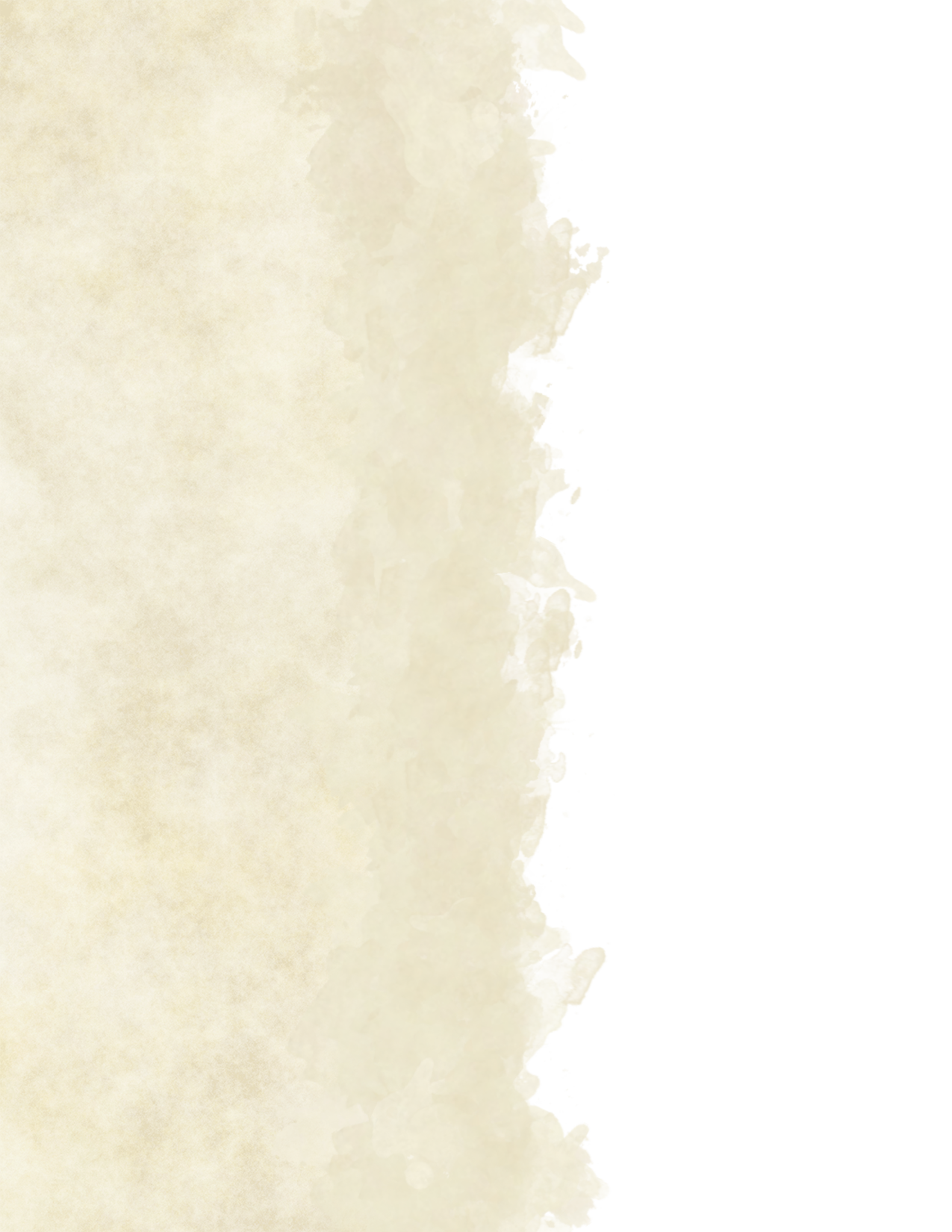
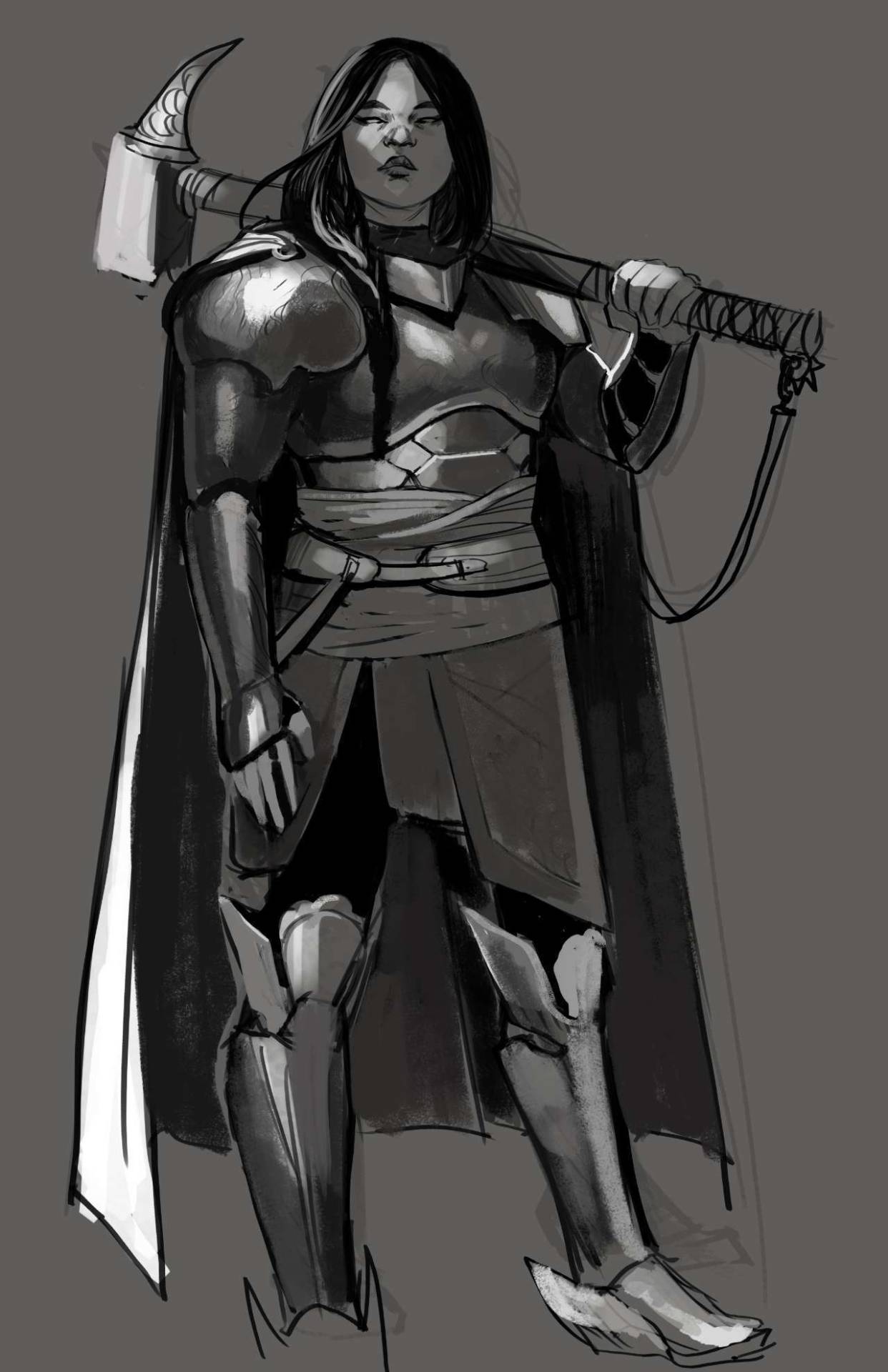
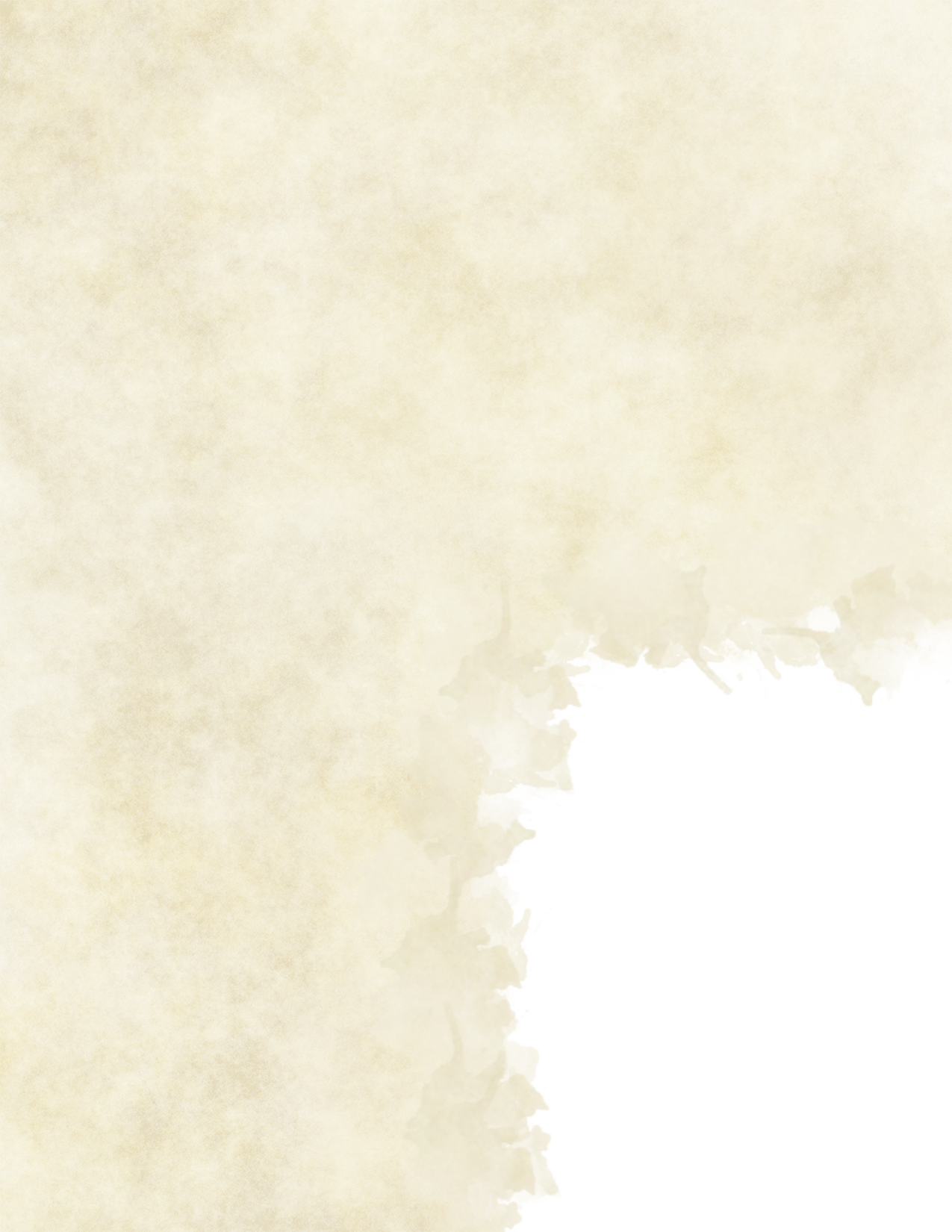
Ability Score Improvement
When you reach 4th level, and again at 8th, 12th, 16th, and 19th level, you can increase one ability score of your choice by 2 or you can increase two ability scores of your choice by 1. As normal, you can't increase an ability score above 20 using this feature.
Hallowed Rites
When you reach 11th level, and again at 13th and 15th level you uncover more divine knowledge and power.
Miracle Worker
At 11th level, your routine parleying with capricious divinities has become ingrained in your muscles, you now only need to take a short rest to restore your Miracles.
Godly Aura
At 13th level, while you are awake you appear to have a subtle aura of celestial vim and vigor, as long as you have your divine conduit you gain expertise with Charisma (Persausion) and Charisma (Intimidation); when you make a check using the aforementioned skills towards a celestial, you roll with advantage.
Book of Hallowed Rites
At 15th level, you procure a Book of Hallowed Rites from the many divine aspects you have bonded with, and you roll with advantage when you ever make a Intelligence (Arcana) or Intelligence (Religion) check concerning the divine.
You can write five aspect spells you know in this book, when you cast these spells they will not expended a spell slot. If you wish to change these spells, the process takes 2 hours and cost 10 gp per spell, which is the cost of the components to write them.
If you lose your Book of Hallowed Rites, you can perform a 1-hour ceremony to receive a replacement. This ceremony can be performed during a short or long rest, and it destroys the previous book. The book turns to ash when you die.
The Good Book
Your Divine Binding choices reflect on the its appearance.
If you bind the Aspects of Death, Fate, Life and Nature - your tome would appear to be alive with foliage and fungi, held by bones, and pages made of webs glowing with runes. Or perhaps you bound Fate, Peace, Trickery, and War - it would appear to be the weighty ledger of a diplomat with iron hinges scarred by war, the parchment brimming with an irresistible glow.
Favored Aspect
When you reach 18th level, choose one of your Divine Binding Aspects. You gain a spectral avatar representing the aspect of the deity, it does not have any statistics and cannot take any actions or reactions. Only those you choose or those with true sight can see the avatar. You can speak to it and ask it for advice; it is up to the GM and you to decide the avatar's demeanor and personality.
Once a day, you can absorb its divine essence and gouts of divine fire pour from your body after you make a successful attack roll. You add 3d6 fire damage, 3d6 lightning damage, and 3d6 radiant damage to the damage roll.
Presence of Divinity
The domain of the Divine Aspect reflects your avatar's appearance. For example - If you choose the Aspect of Nature, a Nature God would take the shape of a great bear or wolf. Alternatively, an Aspect of Fate might personify as their preferred mortal form, a clockwork automaton, or perhaps as a ghostly lynx.
Master of Gods
At 20th level, you can push your mastery over the divine to the brink. The number of times you can use your Miracles is now equal to a number of times double your Miracles Known (ex. At 20th level, you know four Miracles and can now use a Miracle up to eight times).

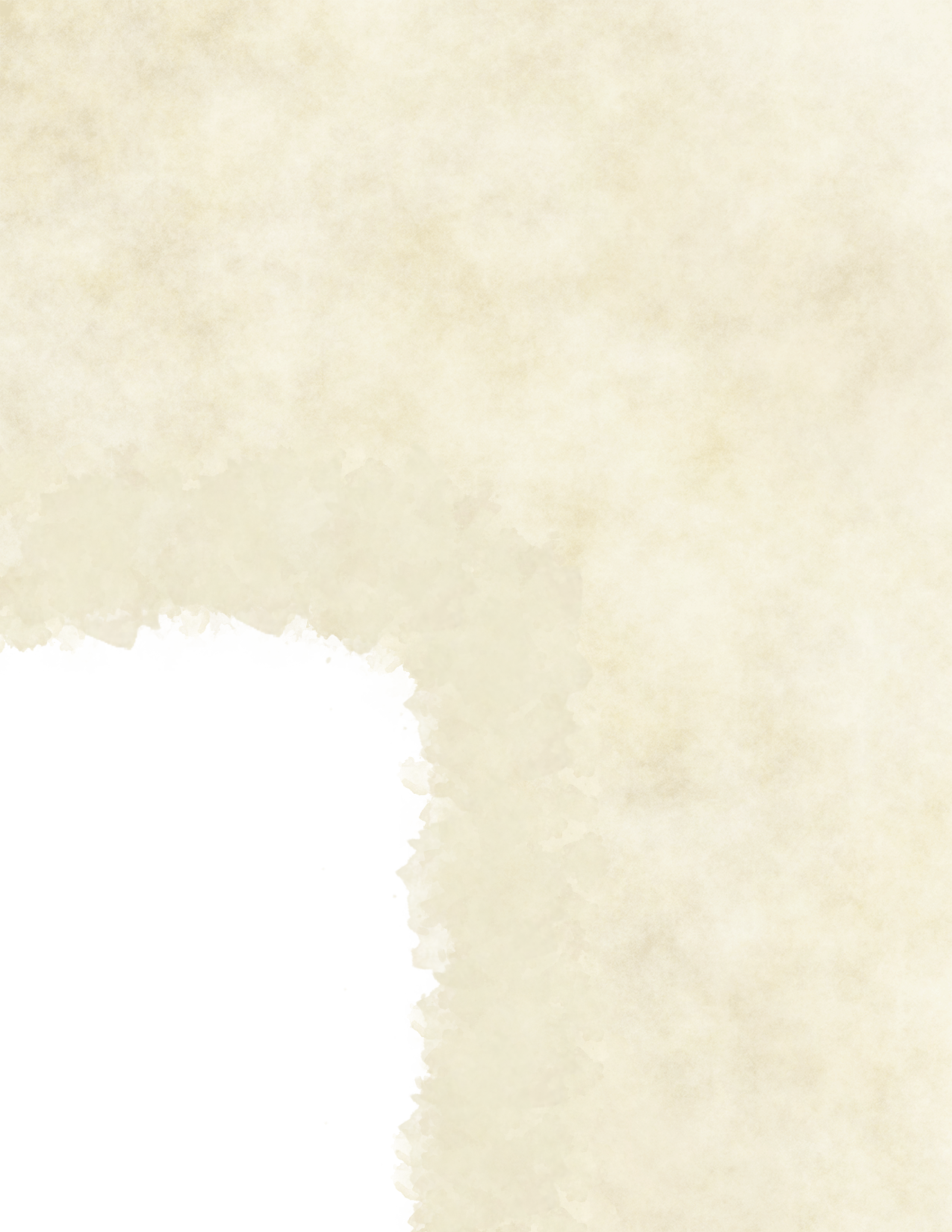

Divine Aspects
Aspects are how the divine influence the material plane. Every nature god resides in their ancient, weathered glade or overgrown forest as every war god is at home on the fresh battlefields and campaigns of yore. You have learned to bind the essence of these divine beings and bend them to your will, with varying effect.
Aspect of Death
These deities watch over the dying. To these deities, death and the afterlife are a foundational part of the multiverse. To desecrate the peace of the dead is an abomination.
Deities of Death include the Morrigan, Kelemvor, Wee Jas, the ancestral spirits of the Undying Court, Hades, Anubis, and Osiris. Those who bound the essence of these kind of gods peer deeper into the afterlife to unlock its secrets and know the burden that weighs upon these gods. When you gain control of this aspect, you gain the following:
Death Aspect Feature: Touch of the Psychopomp
When you gain this Aspect, you become a minor arbiter of death. You can force the undead to truly recognize the abominations they are.
As an action, you can touch an undead creature and restore part of it to life, it must make a Wisdom saving throw. If the creature rolls less than or equal to its CR (CR 1/2 counts as equal to 1) it is destroyed and passes on; if its CR is 10 or above, the DC is 10. If it succeeds it is paralyzed until the start of its next turn.
You can use this feature a number of times equal to your Wisdom modifier (a minimum of once). You regain all expended uses when you finish a long rest.
You also learn the Spare the Dying cantrip, which doesn’t count against the number of Cleric cantrips you know.
Aspect of Death Spells
| Aspect Spells |
|---|
| false life, ray of sickness |
Aspect of the Depths
Gods whose portfolios include the Depths aspect —including Poseidon, Umberlee, and Rán — govern the restless sea and all that dwells in it. They include gods of the depths are often merciless, cold and cruel in their actions towards. Containing their aspect allows you to feel that in your heart as well. When you gain control of this aspect, you gain the following:
Depths Aspect Feature: Drown
When you gain this aspect you can cause your enemies to gasp for air as they sink into the depths of your aspect's domain. As an action, roll a spell attack against a number of creatures equal to half your Godbinder level (minimum of one). Make a separate attack roll for each creature. On a successful attack, their lungs begin to fill with water and begins to suffocate (see pg. 183 of the Player's Handbook). A creature can end this effect by making a Constitution saving throw against your spell save DC at the end of its turn.
You can use this feature a number of times equal to your Wisdom modifier (a minimum of once). You regain all expended uses when you finish a long rest.
Aspect of Depths Spells
| Aspect Spells |
|---|
| armor of agathys, create or destroy water |
Aspect of Fate
Divine Lords, Ladies, and Caretakers of Fate. They are independent, at the helm of necessity, directed fate, and watch that the fate assigned to every being by eternal laws might take its course. Both gods and men had to submit to them. Whether it is a well, a web, or a river - these gods watch and craft the fates of everyone, including themselves.
Deities of Fate include the Moirai, the Norns, Thoth, Janus, Jergal, and Istus. Binding fate is like staring into an abyss who knew this would come and it always would. When you gain control of this aspect, you gain:
Fate Aspect Feature: Mercurial Forewarnings
When you gain this aspect, the whispers of fate readily enter your ear, but be warned fate is fickle.
At the start of each day, consult with your bound Aspect of Fate and roll 1d12. The outcome of the die determines how many warnings they give you about the upcoming day. The GM offers these warnings, and they are always truthful. The warning might be a short phrase, a cryptic rhyme, or an omen. These warnings are often vague and unspecified, but contain perhaps an important clue.
The Aspect can choose to withhold warnings, but must say them before the end of the day. You can demand any untold warnings at any point in the day. The Aspect doesn't take into account any possible circumstances that might change the outcome, such as the casting of additional spells or the loss or gain of a companion.
Aspect of Fate Spells
| Aspect Spells |
|---|
| unseen servant, identify |
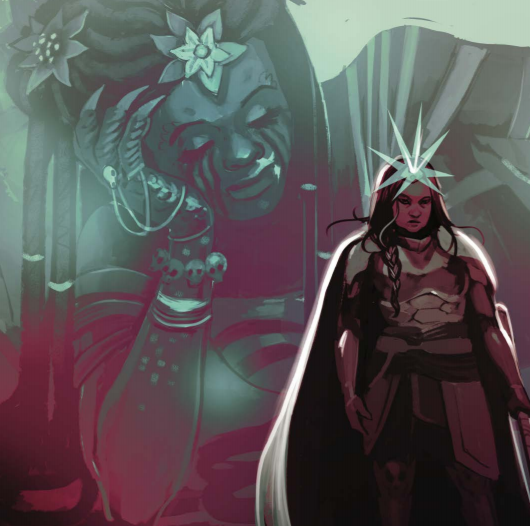
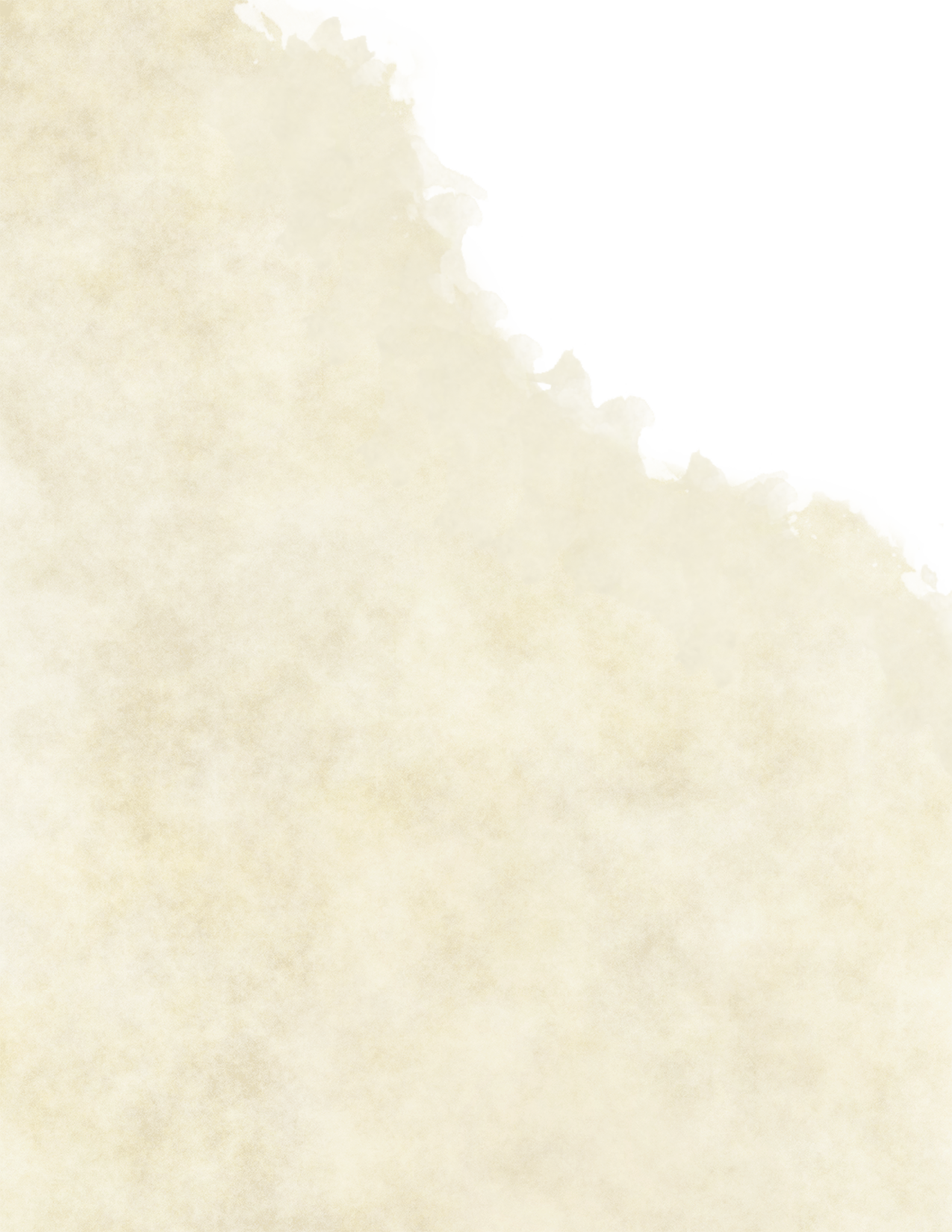

Aspect of Life
The Aspect of Life focuses on the vibrant positive energy—one of the fundamental forces of the universe—that sustains all life. The gods of life promote vitality and health through healing the sick and wounded, caring for those in need, and driving away the forces of death and undeath.
Almost any non-evil deity can claim influence over this domain, particularly agricultural deities (such as Chauntea, Arawai, and Demeter), sun gods (such as Lathander, Pelor, and Re-Horakhty), gods of Healing or endurance (such as Ilmater, Mishakal, Apollo, and Diancecht), and gods of home and community (such as Hestia, Hathor, and Boldrei). Godbinders who contain any aspect of these gods recognize the power they hold over this fragile world. When you gain control of this aspect, you gain:
Life Aspect Feature: Celestial Vitality
When you gain this aspect, you become filled with vitality and vigor. Your maximum hit points are increased by your Godbinder level + your Wisdom modifier; this adjusts as you gains levels or increase your Wisdom.
Whenever you are reduced to 0 hit points, and have to roll Death Saving Throws, you now only need two successful saves to become stable and four unsuccessful saves to succumb to death.
Aspect of Life Spells
| Aspect Spells |
|---|
| cure wounds, purify food and drink |
Aspect of Nature
Gods of Nature are as varied as the natural world itself, from inscrutable gods of the deep forests (such as Silvanus and Pan), or insurmountable gods of mountains and the earth (Skadi and Dunatis) to friendly deities associated with particular springs and groves (such as Eldath).
Many Godbinders seek the power of the world and to feel it flow in their veins, they might have many reasons to infuse themselves with these deities. When you gain control of this aspect, you gain:
Nature Aspect Feature: Call of the Wild
When you are in a natural area (open desert, deep forest, unsettled mountains), you can summon one beast to be your mount: a Bear (Cave Bear, Monster Manual pg. 334), a giant snake (Giant Constrictor Snake, Monster Manual pg. 324), or a moose (equivalent to a Giant Elk, Monster Manual pg. 325). The beast doesn’t fight for you, unless you have magic or another ability that can control a beast. The creature returns to its natural habit when you dismount it.
Aspect of Nature Spells
| Aspect Spells |
|---|
| entangle, speak with animals |
Aspect of Peace
Gods of justice, protection, and peace (such as Tyr, Rao, Kol Korran, Boldrei). They seek to protect the balance that protects the weak. Whomever binds these aspects seek to protect the fine balance that protects the world. Sometimes, these gods and as well their servants and binders value peace more than the methods to bring it. When you gain control of this aspect, you gain:
Peace Aspect Feature: Divine Diplomacy
When you gain this aspect your words can sow peace and bind oaths. When you communicate with a creature who can understand you, and vice versa, you can ask them to make an oath on your divine power. If they agree, work out the terms of the oath and both sides must cease physical conflict upon agreement of the terms.
If either oath-taker breaks it, divine power smites them down. The GM determines the consequence of breaking the oath. You also gain proficiency in one of the following sszxgbfkills of your choice: Deception, Perception, or Insight.
Aspect of Nature Spells
| Aspect Spells |
|---|
| sanctuary, protection from evil and good |
Aspect of Madness
The essence of these divinities are oft too terrible, too eldritch to be known or captured. Gods like Ghaunadaur, Tharizdun, and the Shadow - are all unknowable and depart their "gifts" unto the world. Many Godbinders make dark choices in their efforts to bind these beings incomprehensible to mortal minds. When you gain control of this aspect, you gain the following:
Madness Aspect Feature: Horrific Gaze
Your eyes become pools of eldritch knowledge. As an action, you can make eye contact with a creature you can see and force them to make a Wisdom saving throw against your spell save DC. On a failure, they roll a short term madness. At the end of the creature's turn they may repeat the saving throw to remove the madness. On a success, nothing happens.
You can use this feature a number of times equal to your Wisdom modifier (a minimum of once). You regain all expended uses when you finish a long rest.
Aspect of Madness Spells
| Aspect Spells |
|---|
| bane, Tasha's hideous laughter |
Aspect of Tempest
Gods whose portfolios include the Tempest domain—including Talos, Umberlee, Kord, Zeboim, the Devourer, Zeus, and Thor—govern storms, sea, and sky. They include gods of lightning and thunder, gods of earthquakes, some fire gods, and certain gods of violence, physical Strength, and courage. Godbinders would wield the tempest hold the heat of a divine storm in their hands. When you gain control of this aspect, you gain the following:
Tempest Aspect Feature: Lightning Strike
When you gain this aspect you can strike your foes down with a swift rod of lightning. As an action, you can create a burst of lightning forming a line 20 feet long and 5 feet wide that blasts out from you in a direction you choose. Each creature in the line must make a Dexterity saving throw. A creature takes 2d6 lightning damage on a failed save, or half as much damage on a successful one.
You can use this feature a number of times equal to your Wisdom modifier (a minimum of once). You regain all expended uses when you finish a long rest.
Aspect of Tempest Spells
| Aspect Spells |
|---|
| thunderous smite, fog cloud |
Aspect of Trickery
Gods of trickery—such as Tymora, Beshaba, Olidammara, the Traveler, Garl Glittergold, and Loki—are mischief-makers and instigators who stand as a constant challenge to the accepted order among both gods and mortals. They’re patrons of thieves, scoundrels, gamblers, rebels, and liberators. Their essence is often harder to be bound, only those of cunning and wit can truly grasp these divine beings. When you gain control of this aspect, you gain:
Trickery Aspect Feature: Dominion of Deceit
When you gain this aspect, you gains tools of trickery, subterfuge, and duplicity.
As an action, you can enter a 5 by 5 foot extra-dimensional space that only you can enter. Attacks and spells can’t cross into or out of the extra-dimensional space, but you can see the material plane outside of it. You cannot store any items in this space. You exit on the same space you entered the extra-dimensional space, anything not on your person inside the extra-dimensional space drops out when you exit.
You also learn the prestidigitation and thaumaturgy cantrips, which doesn’t count against the number of Cleric cantrips you know, and the prestidigitation cantrip is nonetheless a Cleric cantrip for you.
Aspect of Trickery Spells
| Aspect Spells |
|---|
| dissonant whispers, disguise self |
Aspect of War
War is the roar of courage, the red mist hovering over a battlefield, and crucible of heroes. Gods of war include champions of honor and chivalry (such as Torm, Heimdall, and Hercules) as well as gods of destruction and pillage (such as Bast, Thrym, Gruumsh, and Ares) and gods of conquest and domination (such as Bane, Athena, and Odin).
Other war gods (such as Tempus, Nike, and Nuada) take a more neutral stance, promoting war in all its manifestations and supporting warriors in any circumstance. Godbinders who seek the essence of war become infused with raw power of battle and become avatars of battle. When you gain control of this aspect, you gain:
War Aspect Feature: War Trance
You enter a battle trance and begin to chant in the tongue of the gods. Your face contorts into one worn by battle, war, and rage. The trance can be a frothing, bestial rage, a focus, honed fury, or a quiet, simmering wrath.
While in this trance, your damage rolls have +2 and deal double damage to objects and structures. Your trance ends once the current conflict ends, you retreat, or take a short or long rest.
You must take a short or long rest before you can enter this battle trance again. At 6th level, you can enter this trance twice before a rest. At 10th level, you can enter a third trance before you rest, but after you finish you fall unconscious and cannot be roused until you complete a short or long rest.
Aspect of War Spells
| Aspect Spells |
|---|
| compelled duel, command |
Miracles
At the 2nd level, you gain access to variety of Miracles. You can choose one, and gradually acquire more as you gain levels. You can call upon a Miracle and it grants you a temporary blessing.
Miracle I: Gift from the Gods
A magic item from one of your deities appears in your hands; or in your belongings if your hands are full. Roll a magic item from Magic Item Table A in the Dungeon Master's Guide; or alternatively, the GM choose an appropriate common magic item. Depending on the GM's discretion, the magic item may not work as you expect and may or may not lose its magical properties after an indeterminate amount of time.
Miracle II: Celestial Imprisonment
Prerequisites. Conduit of Chains
You command ethereal chains of divine power to wrap around a creature you can see within feet. The creature must roll a Strength save throwing against your spell save DC or become restrained. The restrained creature may repeat the saving throw at the end of their turn. These chains last until you take a short rest.
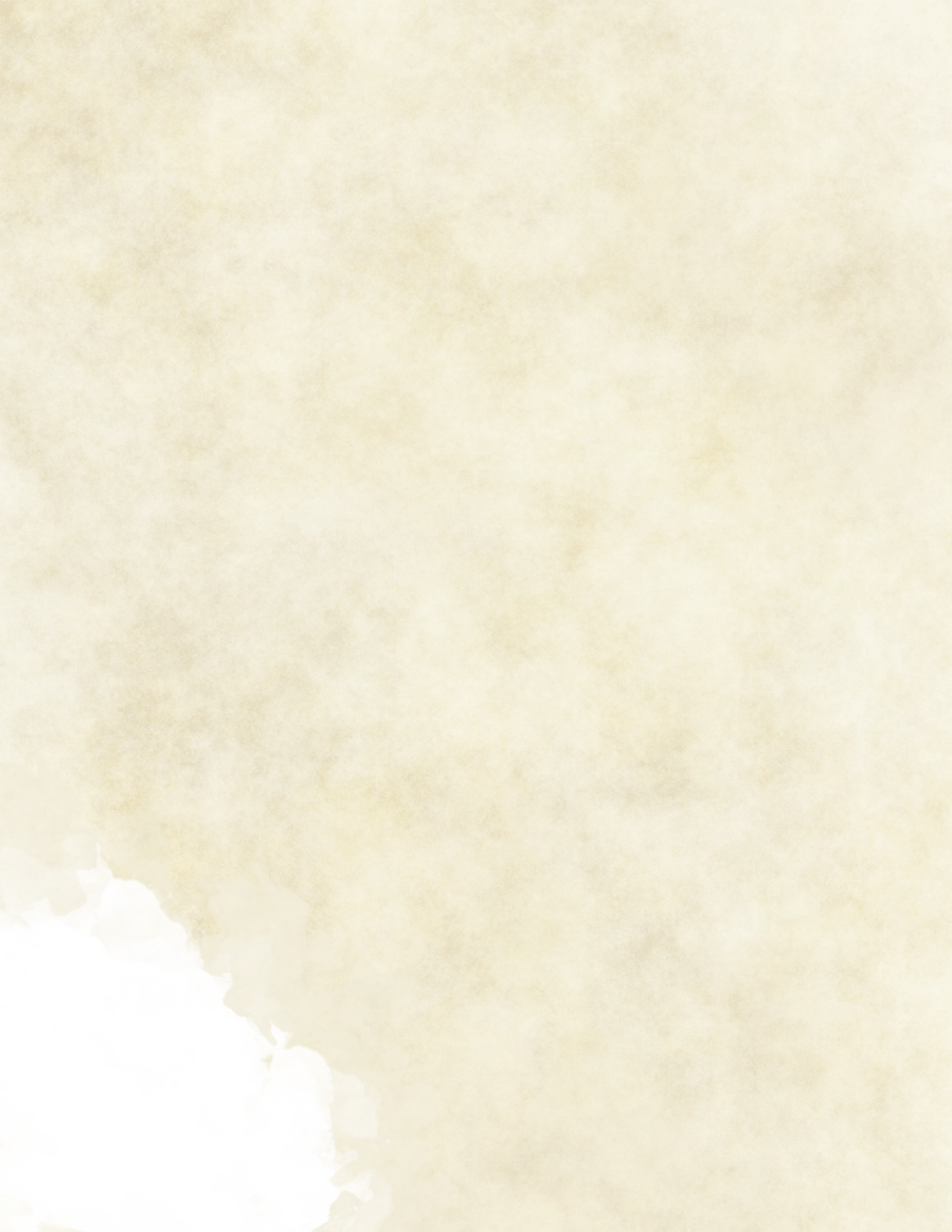
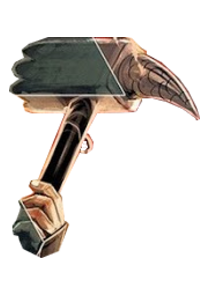
Miracle III: Wield Divinity
Prerequisites. Conduit of Power
You run your hands over your weapon lighting it ablaze. Choose whether your weapon crackles with divine lightning, holy fire, or a radiant light and your weapon replaces it damage type with lightning, fire, or radiant damage. You gain +1 to damage rolls. This effect last until you take a short rest.
Miracle IV: Shield of Light
Prerequisites. Conduit of Protection
You stomp on the ground and raise a wall of divine light within 30 feet of you which faces a direction of your choice, this counts as three-quarters cover. This wall stays until it is destroyed by damage or until you take a short rest.
Miracle V: Restore the Dying
Prerequisites. Death Aspect
The next time you cast the spare the dying cantrip it has a more potent effect. You touch a creature that has 0 hit points. They become stable. The target's severed body members (fingers, legs, tails, and so on), if any, are restored after 2 minutes. If you have the severed part and hold it to the stump, the spell instantaneously causes the limb to knit to the stump and you end all effects on them described in the lesser restoration spell.
Miracle VI: Demand Destiny
Prerequisites. Fate Aspect
When you demand an answer from your Mercurial Forewarnings feature, you can choose to declare "Speak my destiny..." to your Aspect of Fate.
Whether this warning is related to an event about to happen (an ambush, a surprise siege, etc.), a return of an old rival, or information concerning your personal motivation - you can roll with +1d6 when you roll checks or saves that you think directly interact with details of that warning. Discuss with your GM what that may entail. You also gain some celestial glow such as a halo, strange eyes, or glowing skin that gives +1d6 to ability checks involving Charisma.
These bonuses are not additive. These effects last until your next Mercurial Forewarning.
Miracle VII: Summon Tree of Life
Prerequisites. Life Aspect
You summon a large sized tree of life within 30 feet from the earth, and it restores 2d8 hit points any creatures within 10 feet of the tree. The healing effect ceases at the end of your turn. The healing is increased by 1d8 for each Godbinder level you have.
Miracle VIII: Earthshake
Prerequisites. Nature Aspect
You command the earth to cause a tremor in the ground in a 20-foot radius centered on you. Each creature other than you in that area must make a Dexterity saving throw with a DC of 10. On a failed save, a creature takes 2d6 bludgeoning damage and is knocked prone. On a successful save, they are still knocked prone. If the ground in that area is loose earth or stone, it becomes difficult terrain until cleared.
The DC increases to 12, 14, and 16 at 6th, 9th, and 14th level respectively.
Miracle IX: Peaceful Presence
Prerequisites. Peace Aspect
You briefly gain one use of the calm emotions spell. It now has the added bonus of effecting non-humanoid creatures. Casting this spell does not expend a spell slot.
Miracle X: Lightning Prowess
Prerequisites. 3rd level and Tempest Aspect
Temporarily increase the damage of your next Lightning Strike by 1d6 for each Godbinder level you have.
Miracle XI: Tale of the Copycat
Prerequisites. Trickery Aspect
When you cast Disguise Self, you can choose up to four creatures you can see to also assume the disguise you've taken. They cannot dismiss the disguise until you do.
Miracle XII: Spear of War
Prerequisites. War Aspect
A spear of divine energy appears and hovers by your side. Whenever you land a successful attack, as a bonus action you can attack again with the spear dealing 1d8 radiant damage on a successful attack. It disappears after a successful attack. At 6th, 10th, and 14th levels this creates an extra 1, 2, 3 spears respectively.
Miracle XIII: Healing Aura
Prerequisites. 5th level and Life Aspect
Up to five creatures that you can see to regain 1d12 hit points, and you end all effects on them described in the greater restoration spell.
Miracle XIV: Godly Vessel
Prerequisites. 5th level
Your body becomes temporarily subsumed by one of your aspects. You have advantage on your next roll and can re-roll it with advantage. If the roll fails, you suffer no ill consequences. This miracle can be used as a bonus action or as reaction to effect that causes you to make a saving throw. Afterwards, you have level 2 exhaustion due to the aftereffects of being a minor divine avatar.
Miracle XV: Awesome Roar
Prerequisites. 9th level and War, Nature or Trickery Aspect
Shout a rallying cry imbued with power of one of your aspects. Each enemy within 30 feet must roll a Wisdom saving throw with a DC equal to your spell save DC. On a failure, the GM flips a coin and that enemy becomes either frightened or charmed. Each ally who hears the cry has +2 on their next roll.
Miracle XVI: Fate Unwavered
Prerequisites. 14th level and Fate, Life, or Death Aspect
You briefly gain one use of the resurrection spell. If you die with this spell having not been used, it is automatically cast upon yourself. You need to finish a long rest before you can use this miracle again. Casting this spell does not expend a spell slot.
Miracle XVII: Power of the Depths
Prerequisites. 6th level and Depths, Nature or Tempest
You can breathe underwater, and you gain a swimming speed equal to your walking speed.
You can also cast Wall of Water once without expending a spell slot. You regain the ability to do so when you finish a long rest.
Miracle XVII: Divine Tongue
When you speak all creatures with Intelligence scores of at least 1 understand you. If you wish, you can ensure only creatures of your choosing can comprehend you when you speak. If you do so, you sound incomprehensible and ancient to other creatures.
Afterword
Hey, I'm Chilroy! I'm the designer that created this class for 5 Edition! I originally posted this on the dandwiki website, which is a wonderful resource for homebrew for every edition of D&D. You may notice some differences between that post and this document. There have been several balance changes and many wording changes. These updates will continue to happen for both documents, but I will probably finish this one first before the wiki document.
I can't sincerely thank Kieron Gillen and Stephanie Hans enough for creating this amazing universe and wonderful ideas. If you're reading this (not Kieron or Stephanie!), you should really play the DIE RPG since the actual class is infinitely more fun than could be replicated in D&D.
Artist Credit
Stephanie Hans
Die comic pages, and Godbinder concept art.
Peter Mohrbacher
Credits
This subclass was created by Chilroy, otherwise known as Jesse. I can be found as /u/Jagganoth on /r/UnearthedArcana, or on twitter @True_Byrdman. If this contents of this document or any other of mine inspired you, please give credit duly.